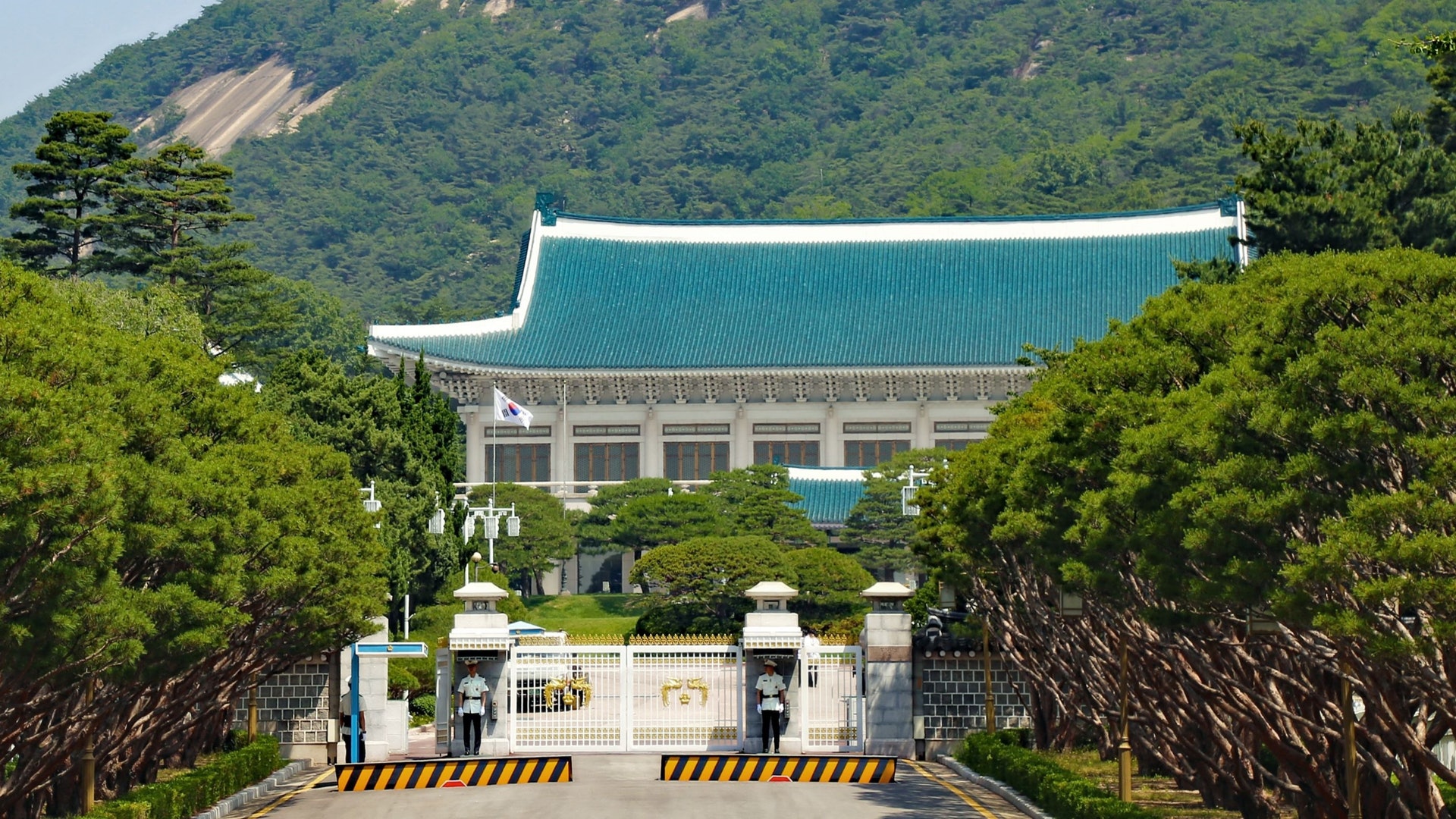South Korea decided on August 22 to refuse to extend the Korea-Japan Military Intelligence Protection Agreement (GSOMIA). Japan has repeatedly expressed its hope that the relevant agreements can be extended, but the relationship between Japan and South Korea has deteriorated, and South Korea has refused to share important and sensitive information with Japan.
The Military Intelligence Protection Agreement, known as the General Security of Military Information Agreement (GSOMIA), is a military alliance. The two countries that have signed the exchange will include military technology, tactical materials, passwords, and various necessary information to promote military cooperation between the two countries.
Countries will sign agreements with each other based on their own allies and promote military exchanges and cooperation. Japan has signed agreements with seven countries and organizations including the United States, India and NATO, including South Korea.
The name of the signed agreement is not necessarily called GSOMIA. For example, the agreement between Japan and the United States is called “the agreement between the Japanese government and the US government on the protection of secret military intelligence measures” (Agreement between the Government of Japan and the Government of the United States of America concerning Security Measures for the Protection of Classified Military Information), but the content is basically the same.
The significance of the Japan-Korea Agreement is North Korea
The signing of the agreement between Japan and South Korea is not only related to the United States, Japan and South Korea, but also to the DPRK. Before Japan and South Korea did not establish a relationship in the past, Japan needed to release the information that South Korea knew about North Korea through the United States. After signing the agreement, Japan and South Korea can share relevant information with each other and it is very important for Japan to prevent North Korea from testing missiles from time to time.
According to the content of the agreement, the agreement between the two countries will be automatically extended on August 24th unless otherwise notified. However, as Japan-South Korea relations continue to deteriorate, South Korea responded to Japan’s “do not trust in Korea” and removed each other from the export whitelist. South Korean Foreign Minister Kang Jinghe said that the exchange of sensitive military intelligence requires a high degree of mutual trust. Under Japan’s export control of South Korea, it is difficult for South Korea to maintain military intelligence exchanges with Japan.












